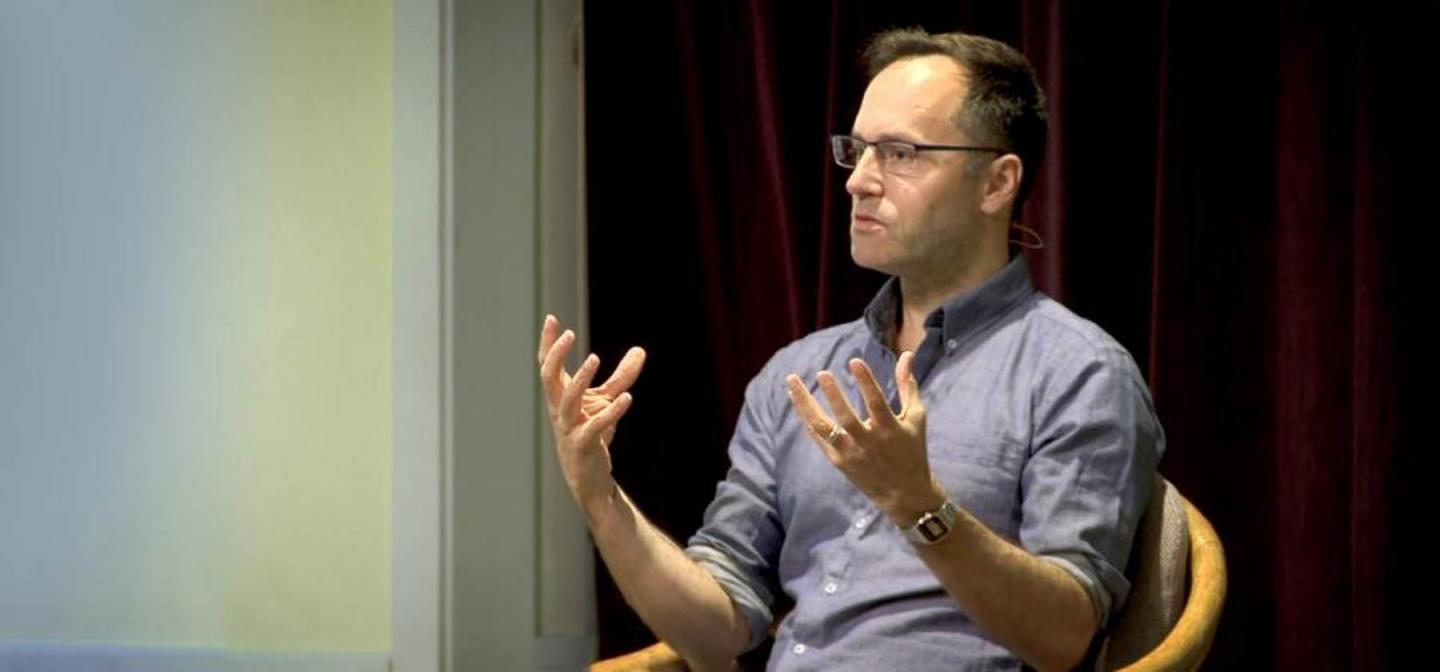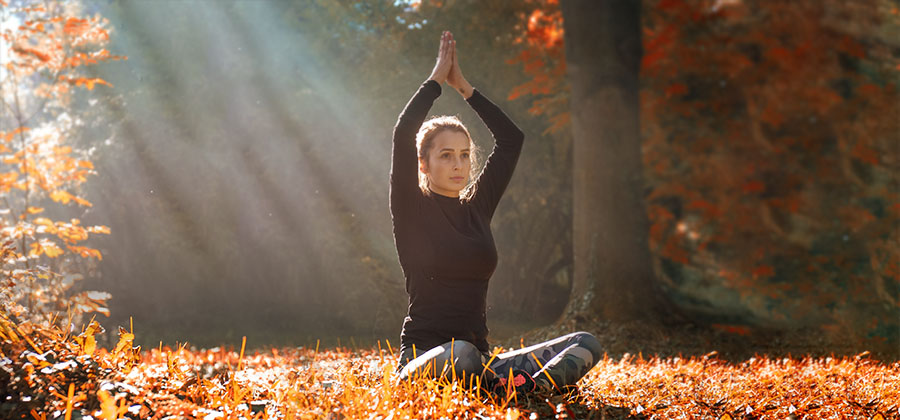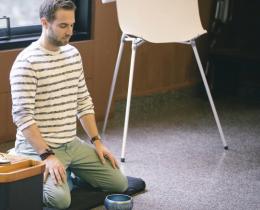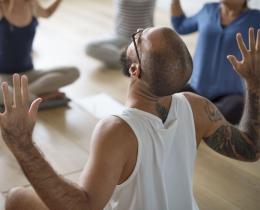There are three central skills of mindfulness—concentration, clarity, and equanimity. All of these skills are interrelated and present to different degrees when we meditate. We can work toward developing each one, as well as keeping them in balance.
Over time, as I've practiced, I noticed I idealized how these three skills should look, which turned out not to fit with who I really am. I also realized that everyone has these skills in different proportions. The good news is, knowing our orientation toward these skills can help us decide where to focus our practice.
Celebrating Your Meditation Style
We all have natural differences. And for me, this was very important to recognize.
I was diagnosed with ADD in my early thirties. The concentration piece of meditation is complicated when you're ADD. I can hyper-focus, and then I feel scattered. A smooth, consistent, concentrated effort is really hard for me. I've gotten better at it, but I still need to practice it.
The forms of freedom that my teacher Shinzen Young pointed to were based on having a really strong concentration, and I didn’t have that. I thought, “Oh, I guess that’s it. I have the wrong nervous system. Peace will never happen for me because I don’t have this foundation.”
I have a different view now. I still think it’s important to work on concentration, but I realized that I’m good at other parts. I’m good with equanimity and I’m pretty good with clarity.
It’s helpful to think of concentration, clarity, and equanimity as three skills you are building up in any practice—but don't get down on yourself if you find one particularly challenging. Instead, explore where your actual competencies are. Everyone seems to have some facility with at least one of these skills, which is really good news.
This also gives us a window of opportunity to experience ourselves exactly as we are right now.
Finding Patience in Your Practice
Another thing to know about any practice is that it has a rhythm. There are times when we're more naturally concentrated and more naturally able to find what we're looking for. There are other times when it's not there, or there's less there.
When I look at the big picture of my practice, I see the ups and downs. But over the long run, I see a general increase in concentration, clarity, and equanimity.
A big part of practice is being patient with that gradient. And of course, the more patient we are, the more we accept, and the more quickly we can move to a place where we feel more settled.
Nevertheless, there's the reality of where you are in the present moment. And in the present moment, when you're frustrated with your practice and maybe even beating yourself up, there are different strategies you can try.
- You can do your best to stay with your objective. You know it's been better, but you can call upon equanimity and accept where you are.
- You can also explore the beating up in detail, which can be useful. What does it look like? What does it feel like? What words do you say to yourself? It can be useful to take it apart so it doesn't own you entirely.
- Yet another strategy is to completely give up altogether and just sit and relax. Don't try to meditate, just enjoy yourself being there. Open your eyes. Stand up. Have a look at the trees outside. Move your body a little bit, even if you have to go for a walk to shift your energy.
- If when you sit, you continually go into a place of beating yourself up and you're just stressing yourself out even more, then it may not be very productive at that moment to sit. Maybe you just need to go to the gym and hit a punching bag. Or maybe you need to go for a run or hang out with some friends.
When we understand how we are at concentrating (whether we're focused or loose), getting clear (whether we're aware or not), or being open (whether we're expansive or shut down), we can bring the spirit of customization to our practice. We can adjust our practice in the moment and build something based on what's actually going on with us, anytime, anywhere in our life.











